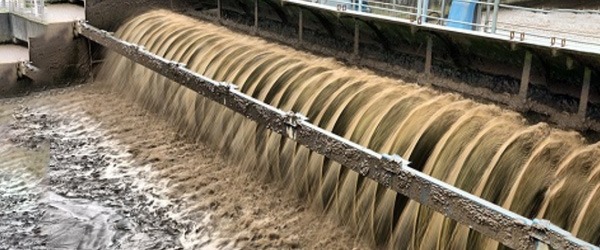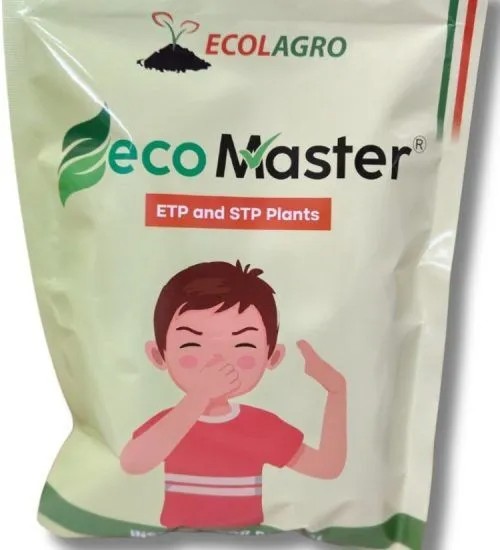What Is The Best Waste Decomposer ?
As the world becomes more and more aware of the importance of conserving resources, people are looking for ways to recycle and compost more. One popular way to do this is through waste decomposers. In this article, we’ll take a look at the best waste decomposers on the market today and help you decide if they’re right for you.
Overview of best waste decomposers
There are many different types of waste decomposers on the market, but which one is the best for your needs? In this blog post, we will overview the different types of waste decomposers and highlight some of the key features to consider when choosing one.
Pros and cons of various waste decomposers
When it comes to choosing the best waste decomposer for your needs, there are a few things to consider. First and foremost, the type of waste that you’re trying to process will determine which type of decomposer is best suited for your needs.
The three main types of waste decomposers are mechanical, anaerobic, and aerobic. Mechanical waste decomposers use blades, grinders and other machinery to break down the waste into smaller pieces. Anaerobic waste decomposers work by using bacteria and other microorganisms to break down the waste. Aquatic systems use plants and microbes to break down pollutants in water.
While all three types of waste decomposers have their own pros and cons, there are some that are better suited for certain types of waste than others. For example, an aerobic system is best suited for breaking down fatty acids and other organic materials but may not be as effective with non-organic materials.
When choosing a waste decomposer, it’s important to consider your specific needs as well as your budget. Many models offer variations in price based on features and specifications, so it’s important to compare different models before making
How Does A Waste Decomposer Work?
What’s the best waste decomposer? There are many factors to consider when making this decision, but one of the most important is how effectively the device breaks down waste. There are a variety of waste decomposers on the market, so it can be hard to decide which one is right for you. Here we will take a look at some of the best waste decomposers and explain how they work.
Which Waste Decomposer Is The Best For Me?
When it comes to finding the right waste decomposer for your needs, there are a few things you need to take into account. Depending on the size of your waste and the type of waste it is, different types of decomposers may be better suited for your needs. Here is a look at some of the most popular types of waste decomposers and their benefits:
Composting toilets: composting toilets are one of the most popular types of waste decomposers. They work by breaking down organic waste into compost using anaerobic bacteria. This process can take up to six months, but produces high-quality compost that can be used in gardens or as fertilizer.
Composting toilets are one of the most popular types of waste decomposers. They work by breaking down organic waste into compost using anaerobic bacteria. This process can take up to six months, but produces high-quality compost that can be used in gardens or as fertilizer. Anaerobic digesters: anaerobic digesters also use anaerobic bacteria to break down organic waste, but they work a little differently than composting toilets. An anaerobic digester processes food scraps and other non-organic materials quickly
How Much Does A Waste Decomposer Cost?
The best waste decomposer for your home or business depends on a few factors: the size of the unit, the type of waste it will be handling, and the frequency of use. Here are the most popular types of waste decomposers and their prices:
1. Composting Toilets: These units range from around $200 to $1,000, and can handle a small to medium-sized home. The composting toilet is a great option for people who want to reduce their environmental impact, but don't have enough space for a full composting system.
2. Gas-Powered Waste Decomposers: These units are more popular in commercial settings, and can cost between $3,000 and $10,000. They're capable of handling larger loads of waste, and are often easier to operate than electric models.
3. Wet/Dry Vacuum Systems: These systems are affordable and versatile, and can be used to clean up smaller areas or haul away waste after it's decomposed. They typically cost around $200 to $1,000.
4. All-In-One Systems: These systems combine different components into one machine.
.gif)



Comments
Post a Comment